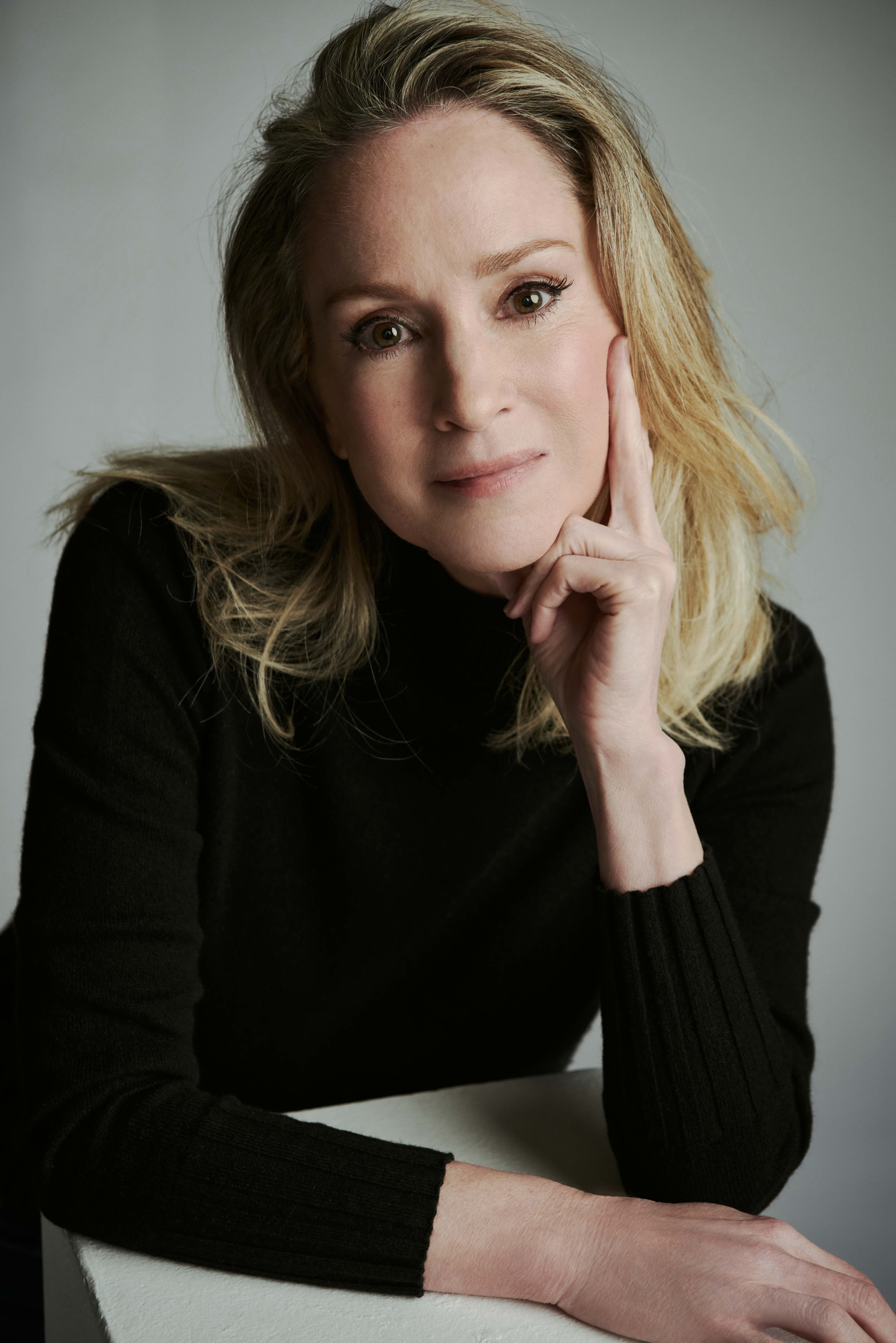
In her first publication, Carolyn Dailey teaches readers what it means to turn artistry into enterprise. Long thought of as incompatible forces, creativity and business, she argues, are not just complementary—they're essential to each other’s survival.
Having spent her career moving between corporate boardrooms and creative studios, Dailey brings a rare fluency to both worlds as the founder of Creative Entrepreneurs, an online community that helps upstarts grow their businesses with guides, toolkits, and other resources. In The Creative Entrepreneur, which grew out of the platform, Dailey talks to 10 different creatives—including Grammy-winning musician Nile Rodgers and Emmy-winning producer Andy Harries—to get their advice, stories, and more.
Ahead of the book's launch, she also sat down with CULTURED to unpack the myths that hold entrepreneurs back, the urgent need for business-savvy role models in the arts, and why, in an era increasingly shaped by A.I., human imagination remains the gold standard.
CULTURED: How do you define a "creative entrepreneur" in today’s world?
Carolyn Dailey: In short, as someone who builds a business from creativity—from music, design, fashion, and architecture to film, TV, videogames, and cuisine—creative entrepreneurs have particular characteristics that set them apart from others. In fact, most don’t even think of themselves as entrepreneurs in the first place. Their driving motivation is to get their creativity into the world. They are selling products of human imagination, which connect to human emotion. While these products can often be scaled for the mass market, their guiding purpose is to produce something unique. They are interested in the exceptional and original, and unlike the “move fast and break things” motto of tech start-ups, they don’t tend to release their products until they consider them perfect. There’s far more nurturing and patience involved.
Creative entrepreneurs also tend not to have business backgrounds or contacts—or, frankly, interest. So they normally steer clear from “the business side” as much as possible, often just muddling through in order to seek out a living. For the creative entrepreneurs who crack business success (like the ones in my book), they all say that looking back, they see they made stupid mistakes and could have grown faster if they’d only had business support.
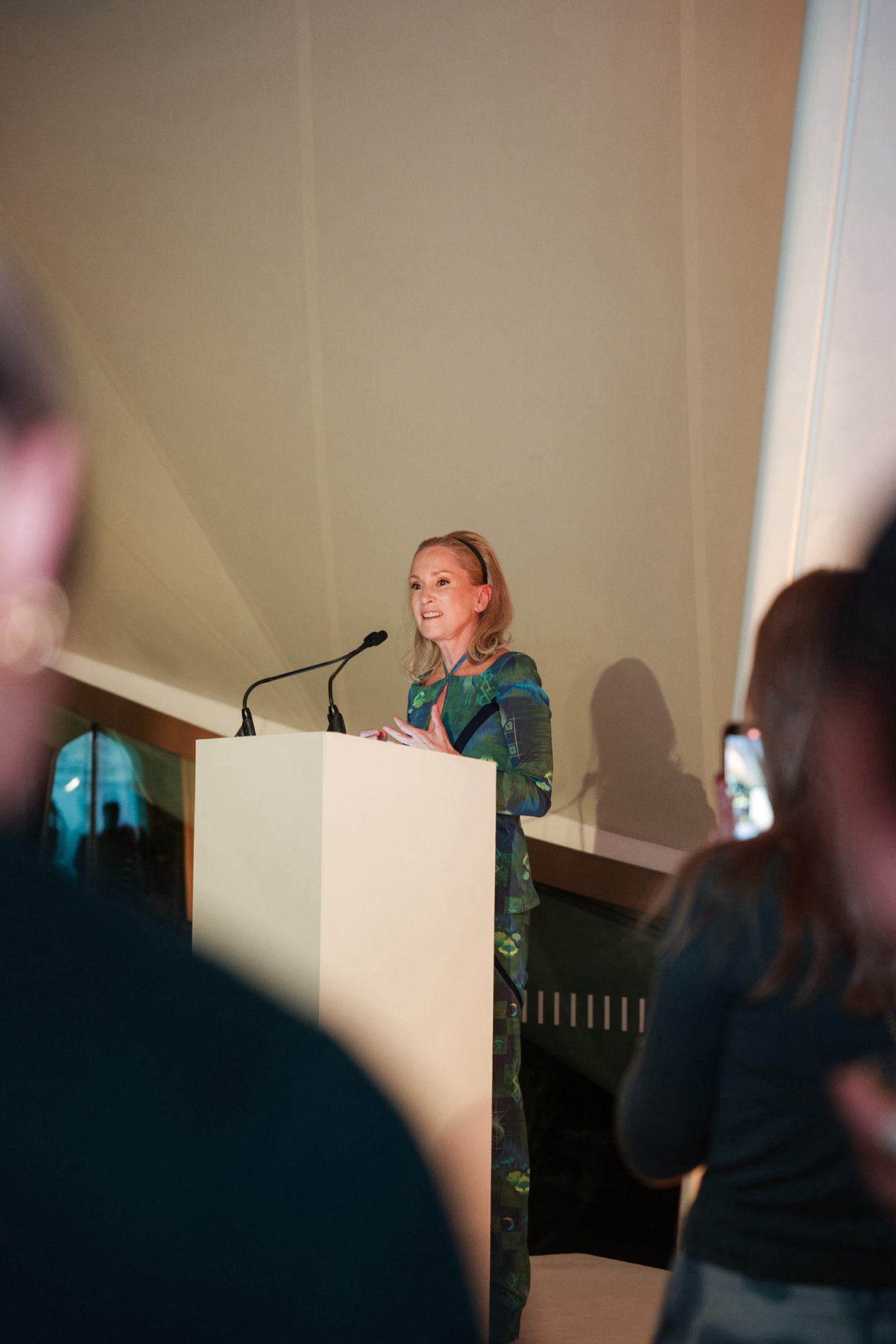
CULTURED: Why was now the right moment for this book?
Dailey: Because of the urgent need to provide creative entrepreneur role models, which have been sorely lacking to date. From within the creative sector, “business” remains a dirty word, “commercial success” is shunned as “selling out," and “entrepreneur” tends to carry negative connotations of tech-bros or cigar-smoking superyacht owners. From outside of the creative sector, the stereotype endures that those within it are starving artists and not to be taken seriously when it comes to business. This has created a huge misunderstanding, resulting in a gaping hole in support for people building creative businesses and careers.
While this business support is needed across the board, I’ve seen time and time again that the most urgent missing piece is powerful, creative entrepreneur role models. For people to even think it’s possible to use their creativity to build a business, they first need to see themselves modeled in the world as running successful enterprises, using business to enable their creative vision. Additionally, as we look to a future where A.I. becomes more ubiquitous, the uniquely human quality of creativity becomes more and more invaluable. So it’s critical that we find ways to strengthen and amplify it—and its business potential—even more boldly.
CULTURED: You’ve navigated both the corporate and creative worlds. It’s clear that creatives can learn a lot about how to navigate the business sector, but what do you think corporations could stand to learn from creatives?
Dailey: Corporations have a huge amount to learn from creatives: dreaming of new ideas and solutions without restrictions, seeing challenges in new ways, questioning the status quo, moving out of accepted comfort zones, challenging biases, and taking risks (within reason). When creatives enter the mix with their talent for imaginative thinking, that’s when innovation can really take off.
CULTURED: Which bit of advice from this book did you wish you had known when you were starting your own career?
Dailey: Patience! Understanding that often things take longer than you might think and failures come along the way––that’s normal. Just keep aiming for your north star and making course corrections as you learn without putting unrealistic time pressure on the process.
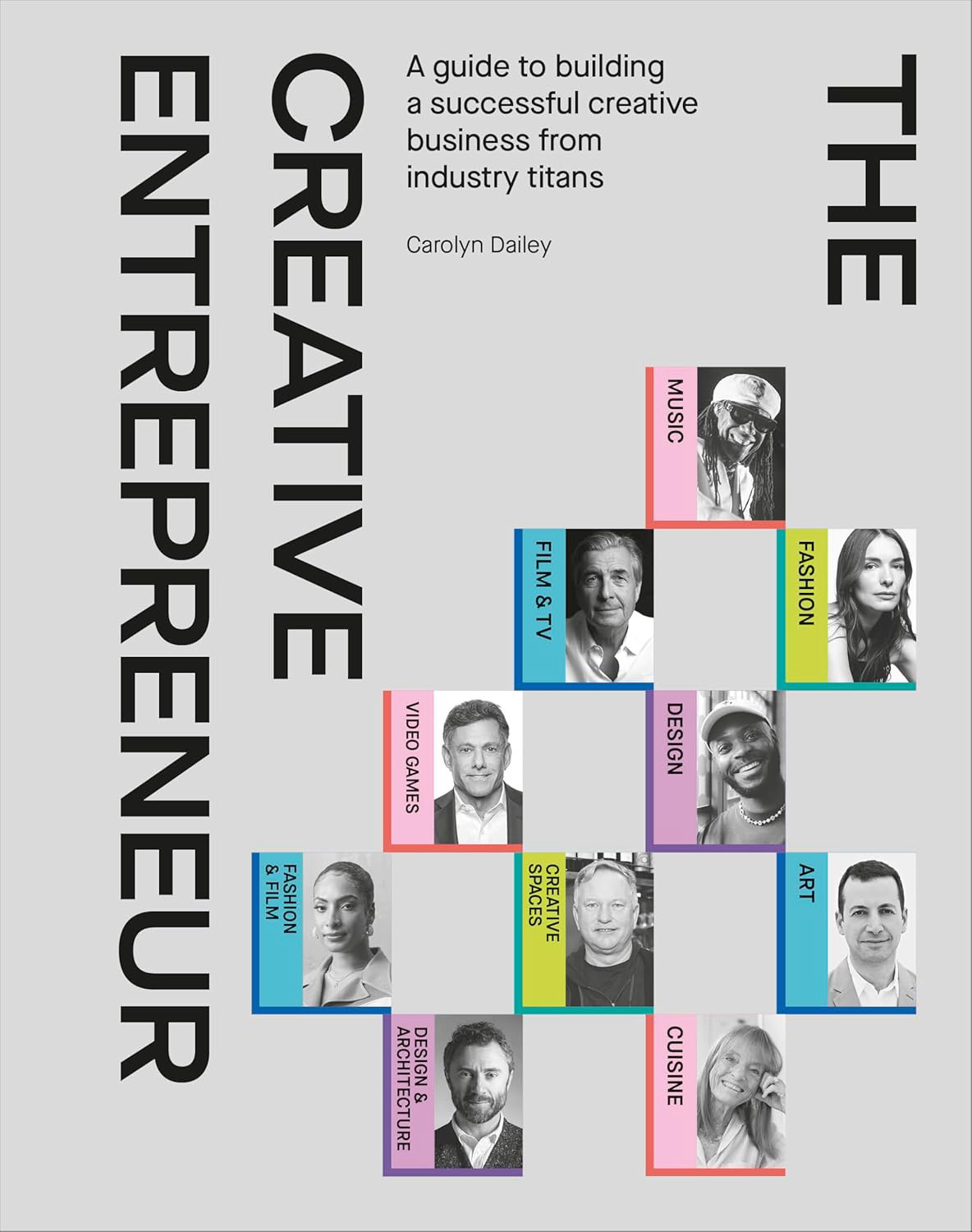
CULTURED: You mention the importance of celebrating your role models in your new book. Who was your first? The most surprising?
Dailey: My first role model as a grown up was my favorite boss at Turner Entertainment when I was a total neophyte. He was scary, smart, and the most creative thinker. He was based in the U.S. while I was in London dealing with super complicated European issues—which you’d think would be outside of his purview. But he’d always see straight to the heart of them and come up with the most insightful solutions. And he was genius level at understanding human nature and dealing with people. I learned everything from him.
He only recently told me that Ted Turner (his boss, the founder of CNN and Turner Entertainment) forced him to take me on. We were in the middle of a huge diplomatic blow up in France (they didn’t like our American movies coming in—I talk about it in the book) so Ted said I should be in charge of diplomacy and report to my (soon-to-become-favorite) boss. My boss said, “No, I don’t know her, I can’t be responsible for someone I don’t know.” Ted said, “Too bad, we’re in a crisis. She’s been working on this, there’s no time to bring in your own person, you just have to make it work.” And it did; we turned out to be a match made in heaven.
My most surprising role model? Zaha Hadid. I’m not an architect, so you might wonder how that could be. But it was how she approached life, with such huge ambition and discipline and creativity, and imagining things beyond our wildest dreams. Her favourite quote was, “We must never stop experimenting.” My favorite quote about her is, “Hadid was a woman who had dared to enter a man’s world, and took no shit from anybody, though plenty was offered."
CULTURED: When approaching a new endeavour, like writing a book, what's the first step you take?
Dailey: Research, research, research, and more research. I find out everything I can about the new endeavour. For example, who has been successful in the area and why? Who are the key players across the landscape? Who are rising stars? What practices and processes do people site as being keys to success? Where are gatherings (IRL and online) where I can meet relevant people? What newsletters should I sign up for? Which social media accounts should I follow? Which media platforms should I be reading? Are there any people within my existing network who know about this area that I can ask for information or introductions?
I google everything, I ask my friends and colleagues and ChatGPT! It’s amazing, once you start down this path, you’ll quickly see how much progress you’re making while also discovering new related topics to explore that you hadn’t originally thought of. I find it very exhilarating as I’m endlessly curious and love diving into a new endeavour I’m passionate about.

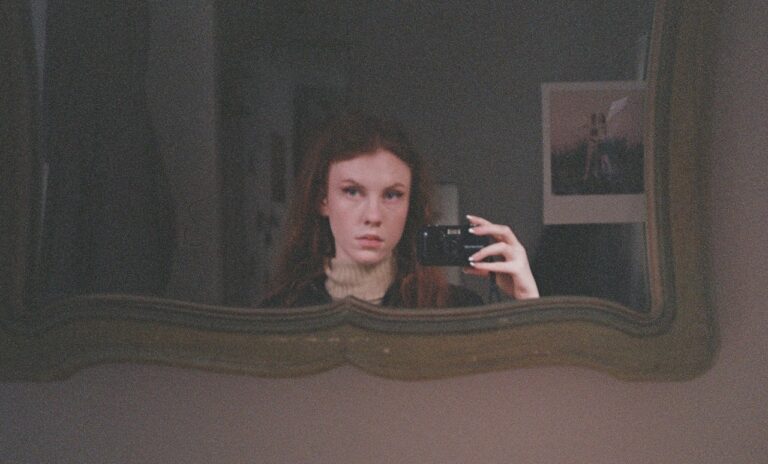
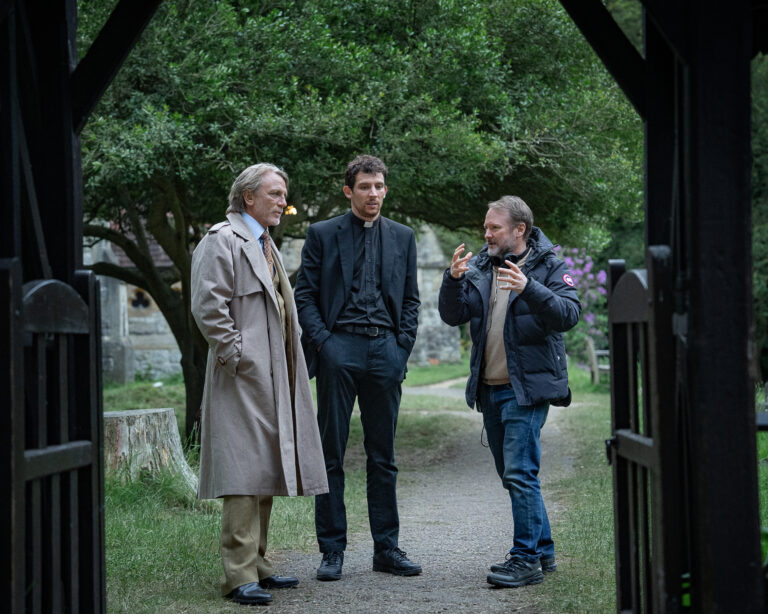
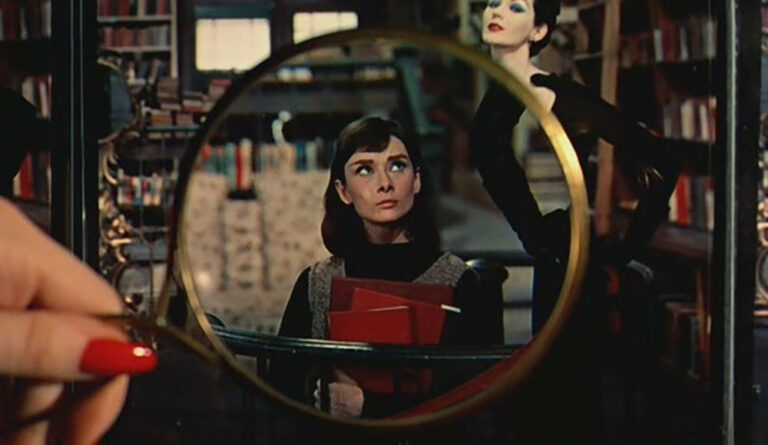
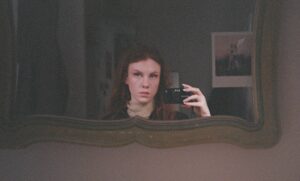
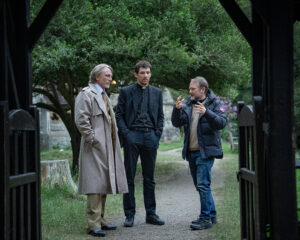
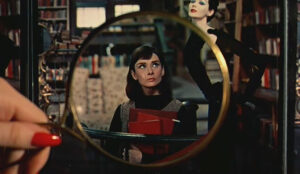



 in your life?
in your life?

